PKS Grandfriends Day was an opportunity for our community to celebrate and thank the family and friends whose support helps each of us, and our school, grow and thrive. In every classroom, visitors could see, hear, and experience how our students are learning, taking risks, and having fun in a Mandarin immersion setting. Outside of the classroom, perhaps the most striking sign of our growth is the new three-story U-Wing building and central courtyard where we gathered to start the morning.
Part of the opening agenda was a spirited Lion dance and kung fu performance by our kindergarten classes. All students P3 through G5 have kung fu class once a week, and as our Grandfriends Day visitors saw (and experienced), the activities are as dynamic and engaging as they are physically and mentally demanding. What may not have been as immediately evident, however, is the authentic connection to Chinese language and culture that students build through these experiences.
During the performance, kindergartners practiced, both verbally and through physical actions, identifying body parts as well as locations and positions in space (left/right, front/back). In every lesson, as well as during the performance, they engage in authentic call and response routines that strengthen not only oral language but also their responsiveness to the group choreography. For their final number last Tuesday, kindergartners also represented the 12 Chinese Zodiac animals through their gestures and actions.
While typically associated with Lunar New Year, the Lion Dance is conducted at other special occasions as well, such as business openings, to usher in prosperity and good fortune. The distinctive rhythmic drum beat is related to its symbolic ties to the new year Legend of Nian. One highlight at Grandfriends Day was when the Lion surprised everyone by throwing candy to the audience, sharing wishes for a sweet new beginning. Why then did the lion grab a head of lettuce in its mouth and also spit the leaves back out? This is a traditional part of the lion dance, 採青 (cai qing), which means ‘plucking greens’ (green vegetables). Because the first character 採, is similar in pronunciation to 财, (cái, fortune) and 菜(cài, vegetables), this custom symbolizes a sharing of good luck and prosperity with the business, or in our case, the PKS community.
We are indeed thankful for the support of the extended PKS family, and as we approach the winter holidays and the Lunar New Year, we wish good fortune to everyone who has helped our students and our school thrive.


